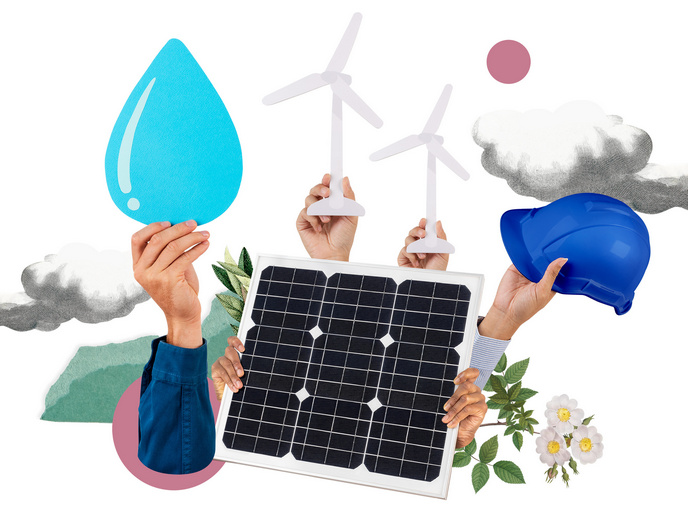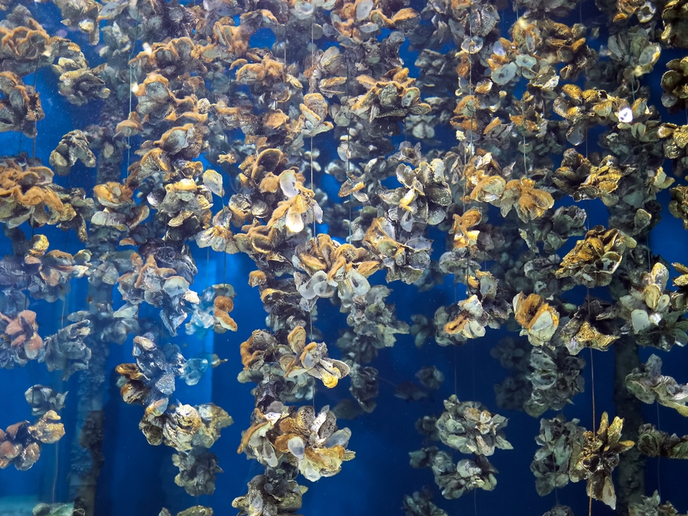Innovative solutions for the water-energy-food-ecosystem nexus
Water is critical to both society and the economy. Therefore, the need to effectively mitigate climate change impacts, combat resource pollution and depletion, manage water use demands and prevent ecosystem degradation is of the utmost importance. Vital resources like water, energy, food and healthy ecosystems (WEFE) are interconnected through the so-called WEFE nexus, where actions in one sphere can inadvertently impact the others. However, policy and governance often treat these resources separately, leading to inefficiencies, competing demands and unintended trade-offs.
Trialled across continents
The GoNEXUS project(opens in new window) addressed this challenge, developing the solutions evaluation framework (SEF) for integrated governance of the WEFE nexus. This innovative framework and ‘future-proof’ toolbox enabled researchers to co-design and assess interventions across different scales from continent to country to region, by pairing scientific evidence with participatory stakeholder dialogues. Project partners applied the toolbox, the nexus dialogues and the SEF to eight in-depth case studies, including European (Danube, Como, Jucar, Tagus and Segura) and African (Senegal, Zambeze) river basins, and global and EU applications. “This combined approach allows the co-design of policy and technical solutions alongside scenarios that anticipate future pressures,” says project coordinator Manuel Pulido-Velázquez(opens in new window). Examples include aligning existing water, energy, food and environmental policies, improving resource efficiency through better management practices and identifying infrastructures and operational innovations at river basin and sub-basin levels. “By adopting a systems approach, which integrates quantitative modelling with qualitative assessments, we can test realistic pathways for more coherent governance,” observes Pulido-Velázquez.
Multiple benefits
These results encourage better choices and improve collaboration over the management of natural resources. “We emphasise solutions that generate synergies across sectors, while addressing trade-offs, ensuring cost-effective interventions that are politically feasible, and tailored to specific contexts,” Pulido-Velázquez explains. The solutions also offer greater efficiency in water monitoring, use and treatment, and contribute to pollution reduction, promote resource recovery, and support climate change adaptation of water-related sectors. “Ultimately, these solutions will support decision makers in implementing sustainable, win-win strategies that enhance the resilience of the WEFE nexus in Europe and beyond,” Pulido-Velázquez concludes. Societal benefits include helping communities in Europe and Africa manage water, energy, food, and ecosystems in fair and sustainable ways. This means more reliable access to clean water, secure food supplies and affordable energy, even during times of drought or climate stress. Furthermore, by testing different policies and infrastructure options, GoNEXUS helps avoid conflicts between sectors, such as farming needing water for irrigation versus cities requiring drinking water.
Promoting transboundary cross-sectoral collaboration
In Africa, the project promotes cooperation between stakeholders located in the Senegal and Zambezi river basins, improving livelihoods for farmers and reducing the risks of water shortages. In Europe, regions like the Danube and Tagus benefit from strategies that protect ecosystems while ensuring economic stability. By bringing together policymakers, farmers, businesses and citizens, GoNEXUS generates practical solutions that strengthen resilience, reduce inequalities and promote long-term well-being for society as a whole. In this way the project contributes to ‘water diplomacy,’(opens in new window) the use of dialogue, negotiations and cooperation to peacefully manage shared water resources. As many rivers, lakes and aquifers cross national boundaries, several countries depend on the same water supply, which can lead to disputes. However, instead of conflict, water diplomacy encourages countries to work together, build peace, support sustainable development and help prevent tensions over one of the world’s most valuable resources.







